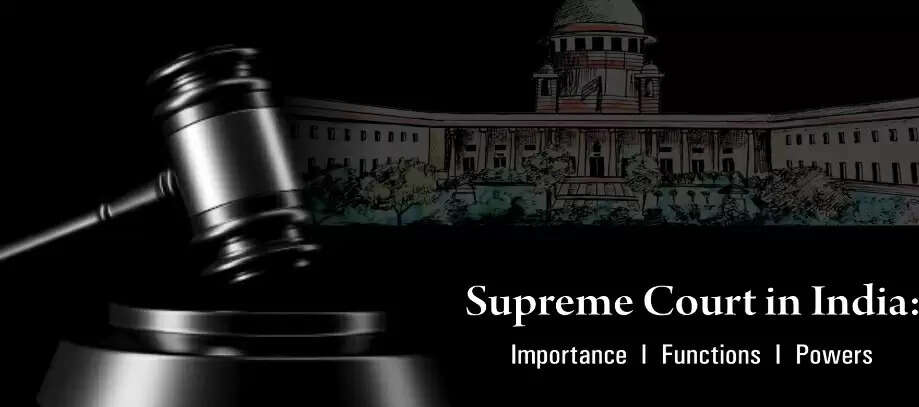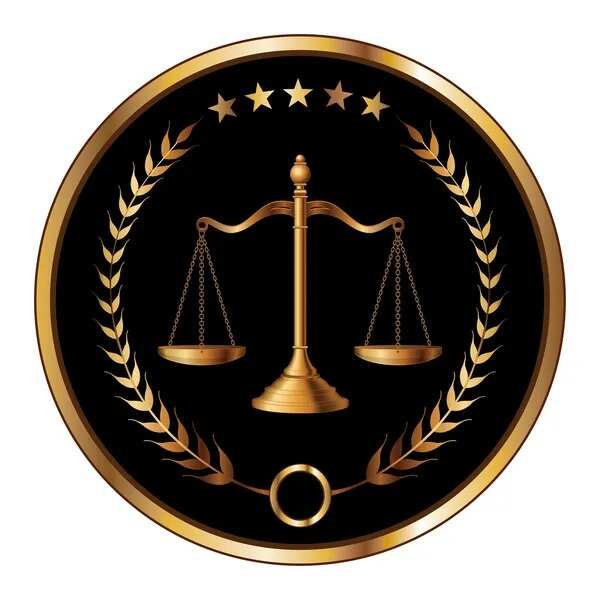Supreme Court in India: Importance, Functions, and Powers
The Supreme Court in India was established through an enactment passed in pre-independent India, with the introduction of the Regulating Act, 1773. The 1st Supreme Court started its function as a court of record at Calcutta, and the 1st Chief Justice Sir Elijah Impey was appointed. The court was established to resolve the disputes in Bengal, Orissa, and Patna. Consequently, in 1800 and 1834, the King Gorge-III established the other two Supreme Courts in Bombay and Madras.
Mar 31, 2025, 19:42 IST

However, soon after the enactment of the Indian High Court Act, 1861, the Supreme Courts in Calcutta, Bombay, and Madras were consequently abolished and the courts in Calcutta, Bombay, and Madras resumed its functioning as High Court. In 1935, the British Parliament enacted the Government of India Act, 1935, after a resolution was passed by the Joint Select Committee, which was headed by Lord Linlithgow.
The Government of India Act, 1935, led to the establishment of the Federal Court in India, which has vested more judicial power than the High court with original, appellate, and advisory jurisdiction. After independence, the Constitution of India was adopted on 26th January 1950, and the Federal Court of India resumed functioning as the Supreme Court of India on 28th January 1950, which was presided by Hon’ble Mr. Justice Harilal Jekisundas Kania.
Importance of the Supreme Court in India
In the Constitution of India, part 5, chapter 6 deals with the power, function, appointment, retirement, jurisdiction, etc. from Article 124 to Article 147 of the Supreme Court. The followings are the importance of the establishment of the Supreme Court:
1) The Supreme Court is the highest appeal court that is also known as the apex court of India and even the last resort, where the citizens of India can seek justice if they are not satisfied with the judgment of the High court.
2) The citizens of India, as per Article 32 of the Constitution, can even directly sort for remedy through writs if their fundamental rights are violated.
3) The Supreme Court has Judicial Review power that is being vested through Article 13 of the Constitution, which means the Supreme Court has the power to strike down any legislation and executive action if such acts are found to be inconsistent with the Constitution of India.
What are the functions of the Supreme Court?
The following are the Supreme Court functions:
a) The SC gives the final verdict against an appeal from the other subsidiary courts i.e., High courts.
b) It acts as an institution where issues from the different governmental bodies, central government, and the state government matters are resolved.
c) As per Article 141 of the Constitution, laws passed by the SC, apply to all courts within the Indian Territory.
d) In some matters, the Supreme Court also acts on its own and can pass suo moto.
